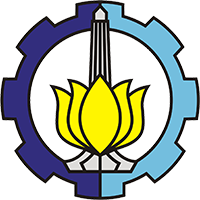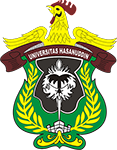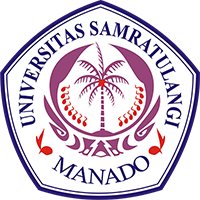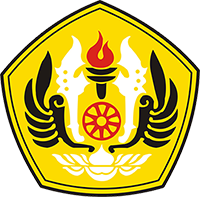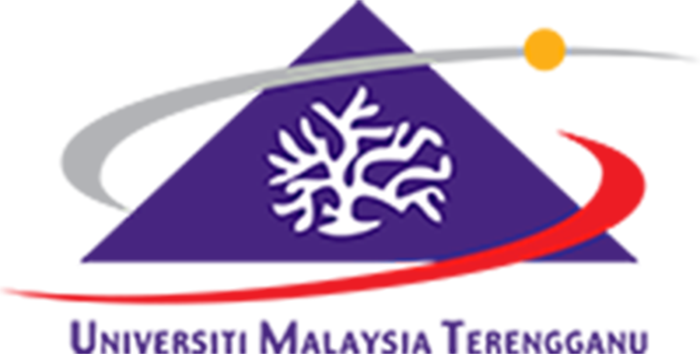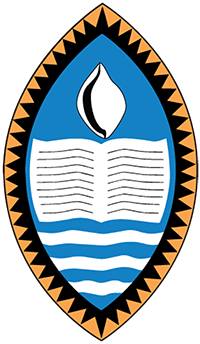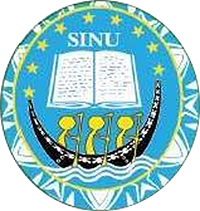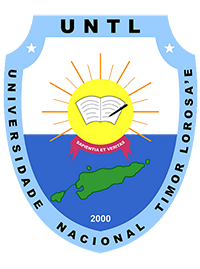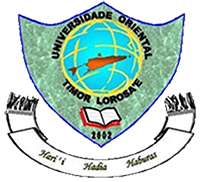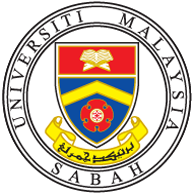The CTI-CFF University Partnership
Coordinator
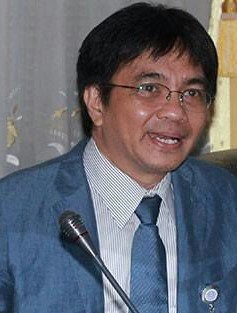
Prof. Dr. Ir. Grevo S. Gerung, M.S. (2017-2020)
Dean of Fisheries and Marine Science Faculty,
University of Sam Ratulangi,
INDONESIA
grevogerung@unsrat.ac.id
General Description of CTI-CFF University Partnership
The University Partnerships is a non-legally binding, voluntarily, and mutual cooperation among/between all parties involved, which respect each University’s own rules and regulations, as well as member country’s laws and regulations.
The partnership aimed at promoted marine conservation, sustainable fisheries, and food security through educational and professional accredited capacity building, research, and outreach activities within CT6 member countries under the CTI framework (i.e. goals, targets, and regional activities).
The Partnerships have been acknowledged by CTI-CFF SOM-12 in Port Moresby, Papua New Guinea on 1-2 November 2016, in Decision No. 14.2.2 and Decision No.14.2.3.
| University Partnership Coordinator: | ||
|---|---|---|
| Prof. Grevo Gerung | Sam Ratulangi University | (2017 – 2020) |
What's new & Notifications
29th November 2017; Manila, PHILIPPINES
13th Senior Officials’ Meeting
CTI-CFF University Partnership Framework
The framework of CTI-CFF University Partnership includes agreed principles and mechanisms. The principles highlighted that the partnership is a non-legally binding, voluntarily, and mutual cooperation among/between all parties involved, which respect each University’s own rules and regulations, as well as member country’s laws and regulations.
University (individually or in group) will have an equal opportunity to initiate program and activities regulated by the agreed mechanisms. The mechanism framework includes the way of proposal submission, engagement with NCCs, establishing the partnership, coordination and facilitation, monitoring and reporting as illustrated in the following chart. The CTI-CFF University Partnership works towards the agreed programs/action priorities which mainly focus on three mainstream foci: capacity building, research and outreach, as described in the following other sections.
The CTI-CFF University Partnership shall closely work with the following adopted framework.
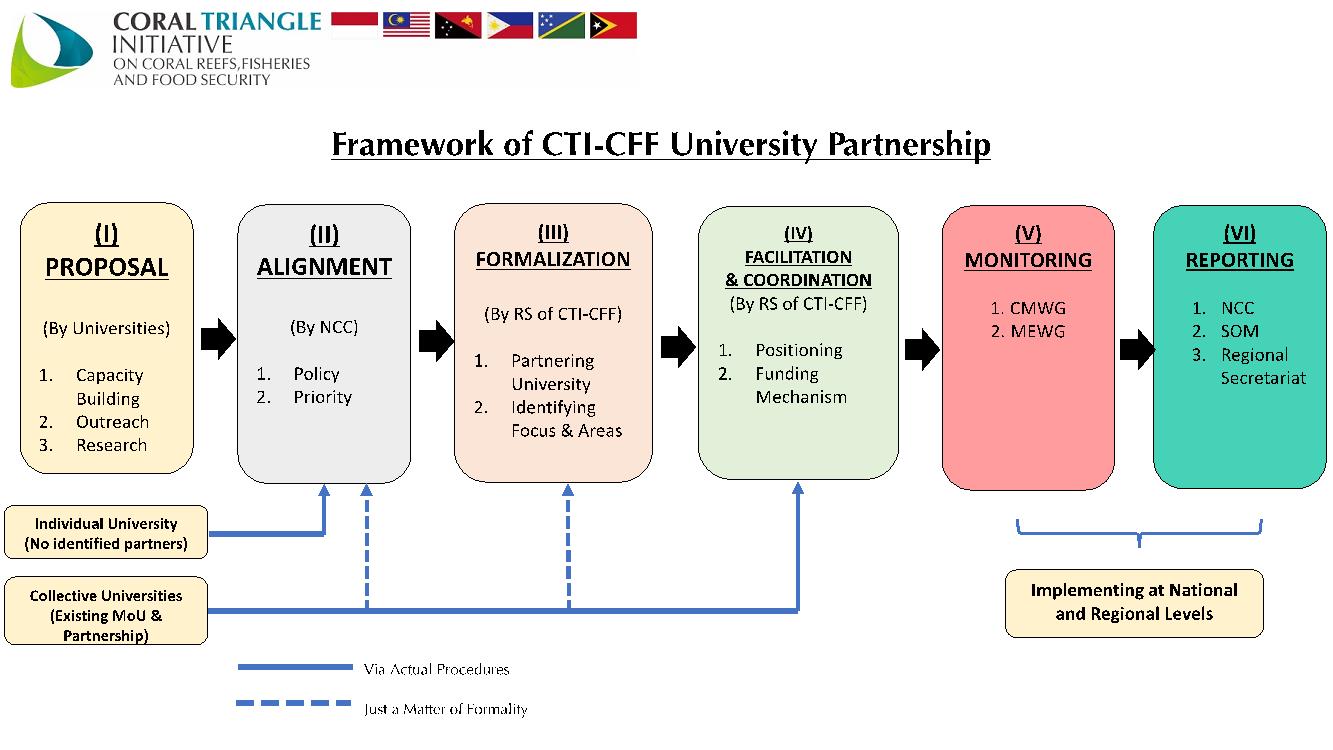
The framework has numbers of mechanism that need to be followed.
- Submission will be done either by:
- an individual university to the respective NCC; or
- by a collective university partnership directly to the Regional Secretariat of CTI-CFF (and to notify NCC)
- The area of collaboration can consist either one or combination of these aspects (capacity building, research and outreach)
- Individual universities submit proposals to NCC to reviews the proposal’s alignment with national policies/priorities
- Any proposals based on existing collaboration should be directly submitted to Regional Secretariat of CTI-CFF, and notify NCC for record.
- Regional Secretariat will identify the suitable partnering universities and strategic focus areas for collaboration
- Regional Secretariat should formalize the partnership based on the proposal submitted by the individual university or the collective universities
- Positioning
- Regional Secretariat will position the programs under this partnership to be CTI branded and then implemented under the existing CTI-CFF Framework.
- Regional Secretariat will ensure the objectives of this partnership are in line with RPOA and the spirit of CTI
- Funding Mechanism
- Regional Secretariat will facilitate the programs under this partnership and seek funding (i.e. needed) via this mechanism:
- Consolidating funds brought by individual universities to become a shared funding pool
- Budget support from CTI-CFF partners (e.g. GIZ, USAID, etc.) will be sourced using CTI brand
- New resources would be sought from the government entities agencies (e.g. ministries, agencies, etc.) using CTI as the multilateral inter-government platform
- Facilitation fund provided directly from the Regional Secretariat annual budget
- Regional Secretariat will facilitate the programs under this partnership and seek funding (i.e. needed) via this mechanism:
- CMWG of CTI-CFF will monitor the activities of these projects/ programs to be in line with CTI-CFF Spirit.
- A specific team from Regional Secretariat or MEWG will ensure the milestone of the projects/programs undertaken are achieved accordingly
Reporting should be done at 2 levels (at national and regional), which include:
- NCC and Regional Secretariat CTI-CFF
- CMWG and MEWG
- SOM
Past & Upcoming Meetings
| # | Date | Location | Meeting Title | Meeting Documents |
|---|---|---|---|---|
| 1 | 1-2 November 2016 | Port Moresby, PAPUA NEW GUINEA | 12th Senior Officials’ Meeting | |
| 2 | 28 February – 1 March 2017 | Manado, INDONESIA | The 1th Meeting of CTI-CFF University Partnership | |
| 3 | 7 – 8 August 2017 | Manado, INDONESIA | The CTI-CFF University Partnership Workshop on Program Development |
Mandate
Besides the framework of CTI-CFF University Partnership, the The 1st Meeting of CTI-CFF University Partnership also came up with the three thematic issues that need to be carry on in the platform. The themes are including of capacity building, research as well as outreach. By having those three main themes, this partnership elaborated it in the CTI-CFF University Partnership Workshop on Program Development. This recent workshop aimed to conduct the program during 2017-2018 which are being propose for the endorsement of upcoming SOM-13 in Manila, PHILIPPINES.
2017-2018
To continue the mutual efforts of CTI-CFF University Partnership, these are the proposed program during 2017-2018 that has been agreed during the workshop on 7-8 August 2017 as follows:
Program Priority of CTI-CFF University Partnership 2017-2018
- Special Assistance Program (SAP) for Timor-Leste in Developing Fisheries and Marine Sciences Education
- International M.Sc. Subject on Coral Triangle Ecosystem Governance
- Regional Training Program on Climate Change
The CTI-CFF research proposal should elaborate the following topics:
- Collaborative research of the coral reef adaptation and resilience ability to climate change
- Research on Connectivity of key species (e.g. corals, fish, turtle, etc.) in the CTI region
- Improving university-based community service including assisting the local management authority or government in resource management such as ICZM
- Initiating Regional Center of Excellence of CTI-CFF (a virtual or network based-CoE)
- Mapping the ocean pattern (pollution)
- Legal framework for the commercial fisheries in CTI region and ethical aspect of fisheries
- Study on the mode of stranded marine mammals and the way to get them out
- Improve availability and accessibility of data to the management or users
- Public awareness in the form of exhibition, campaign, media releases, and marine festival
- Scientific Meeting (Symposium) including participation to others symposium
- CTI-CFF Science-Business Forum
| # | Date | University | Documents |
|---|---|---|---|
| 1 | 13 October 2016 | Bogor Agricultural University | |
| 2 | 13 October 2016 | Institut Teknologi Sepuluh Nopember | |
| 3 | - | James Cook University | |
| 4 | 13 October 2016 | Sam Ratulangi University | |
| 5 | 22 November 2017 | Solomon Islands National University | |
| 6 | 12 March 2017 | The University of Queensland | |
| 7 | 8 August 2017 | Universidade Nacional Timor Lorosa'e | |
| 8 | 13 March 2017 | Universidade Oriental de Timor Lorosa'e | |
| 9 | 13 October 2016 | Universitas Hasanuddin | |
| 10 | - | Universiti Malaysia Sabah | |
| 11 | 16 November 2016 | Universiti Malaysia Terengganu | |
| 12 | 22 November 2017 | University of Padjadjaran | |
| 13 | 20 April 2017 | University of Papua New Guinea |

_symbol.png)
